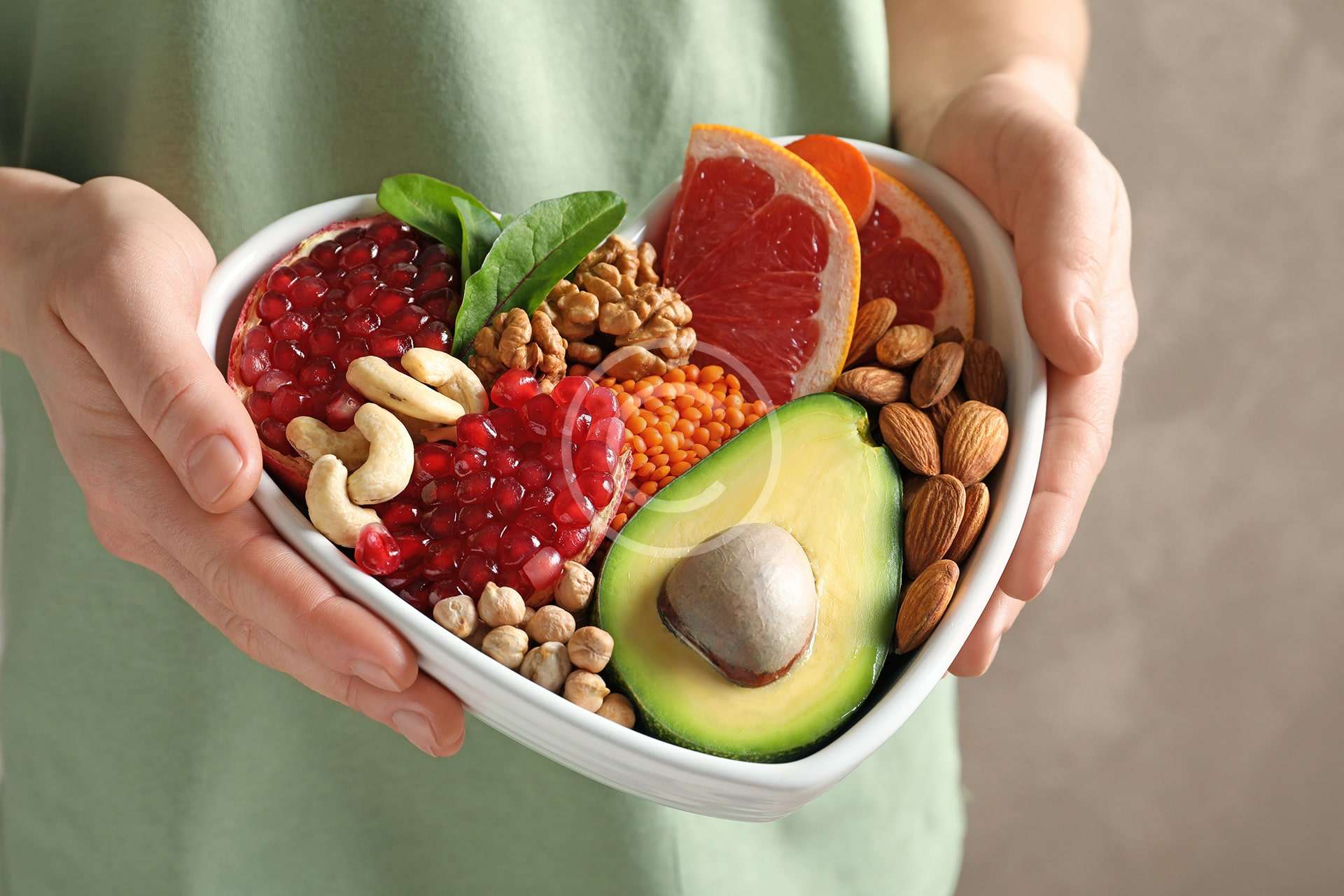Unlocking Optimal Health with Balanced Nutrition
In a world overflowing with dietary fads and conflicting health advice, the concept of a balanced diet remains a timeless cornerstone of well-being. Unlike extreme diets that promise quick fixes, a balanced diet focuses on harmony and variety, providing your body with the essential nutrients it needs to function at its best. But what exactly does this involve, and how can it transform your life?
At its core, a balanced diet encompasses a variety of foods from all the major food groups in the right proportions. This means incorporating fruits, vegetables, whole grains, lean proteins, and healthy fats into your daily meals. Each of these food groups plays a unique role in maintaining your health, ensuring that you get a full spectrum of vitamins, minerals, and other nutrients.
Fruits and vegetables are rich in vitamins, minerals, and antioxidants that help fend off disease and keep your immune system robust. Whole grains provide necessary fiber that aids in digestion and helps maintain a healthy weight. Lean proteins, such as chicken, fish, and legumes, are crucial for muscle repair and energy. Healthy fats from sources like avocados, nuts, and olive oil support brain function and heart health. By consuming a wide variety of foods, you create a dietary balance that supports overall health and well-being.


Creating a Balanced Diet: Practical Tips for Everyday Success
Embracing a balanced diet doesn’t have to be complicated. With a few practical strategies, you can make it an easy and enjoyable part of your daily routine. Here are some tips to help you create and maintain a balanced diet:
- Plan Your Meals: Start by planning your meals for the week. This helps ensure that you include a variety of foods and reduces the temptation to reach for unhealthy options. Aim to fill half your plate with fruits and vegetables, a quarter with lean proteins, and a quarter with whole grains.
- Portion Control: Paying attention to portion sizes is key to achieving balance. Use smaller plates to help control portions and prevent overeating. Remember, moderation is crucial—it’s not about eliminating any one food group but about finding the right balance.
- Stay Hydrated: Water is an often-overlooked component of a balanced diet. It aids digestion, supports nutrient absorption, and keeps your body functioning optimally. Aim to drink plenty of water throughout the day and limit sugary beverages.
- Snack Smart: Choose healthy snacks that contribute to your nutritional goals. Fresh fruit, nuts, yogurt, and whole-grain crackers are excellent choices that provide essential nutrients and keep you satisfied between meals.
- Be Mindful: Pay attention to how your body responds to different foods. A balanced diet is not just about what you eat but also about how you feel. Listen to your body’s signals and adjust your diet as needed to maintain energy and vitality.
Incorporating these strategies into your lifestyle can help you reap the benefits of a balanced diet, including improved energy levels, better digestion, and enhanced overall health. Remember, achieving balance is a journey, not a destination. By making thoughtful food choices and prioritizing a varied diet, you set yourself on the path to a healthier, more vibrant life. So why wait? Start today and experience the transformative power of balanced nutrition!




